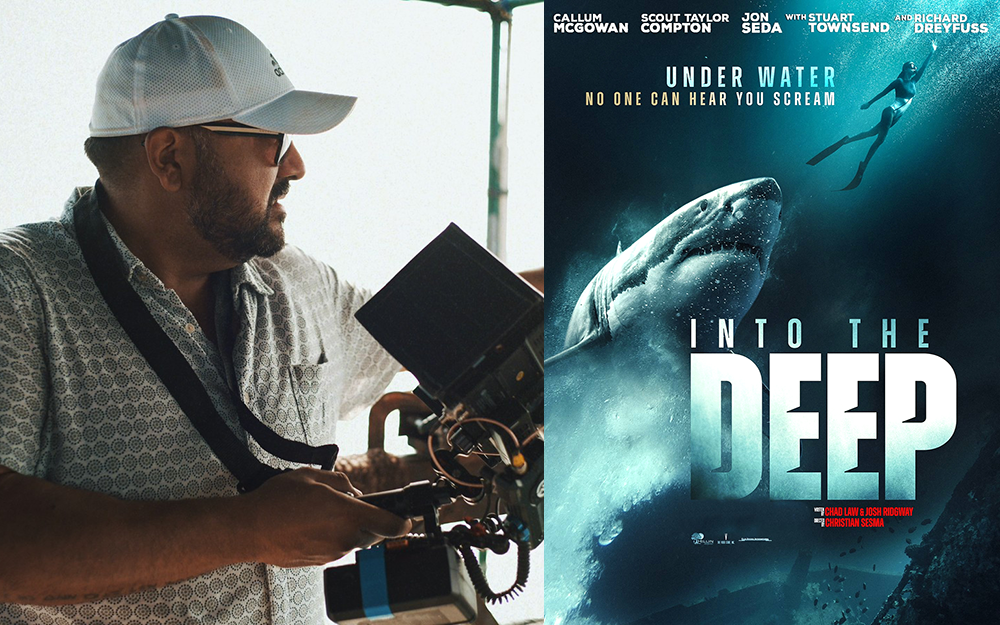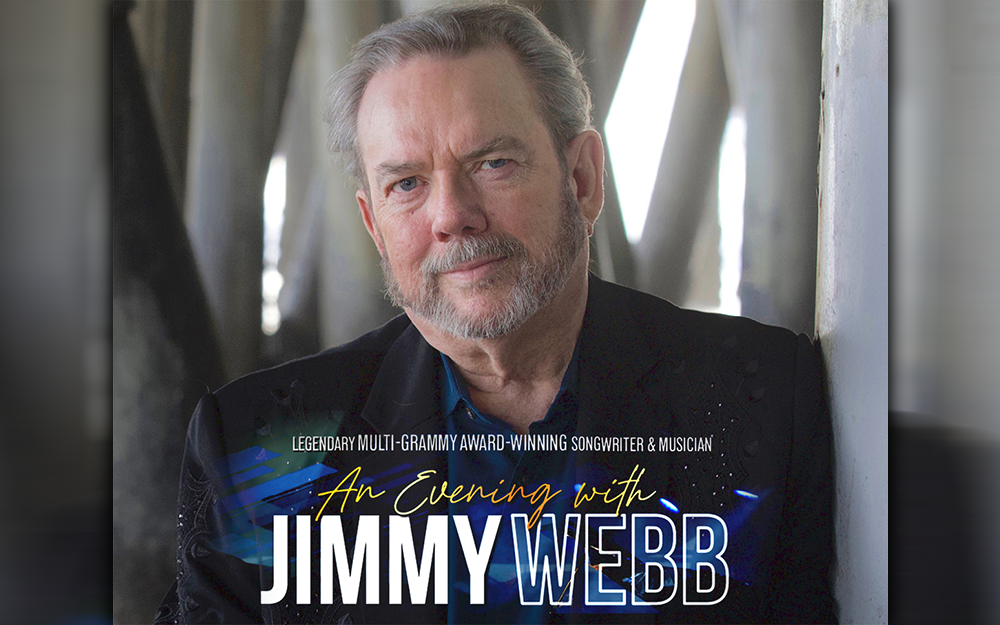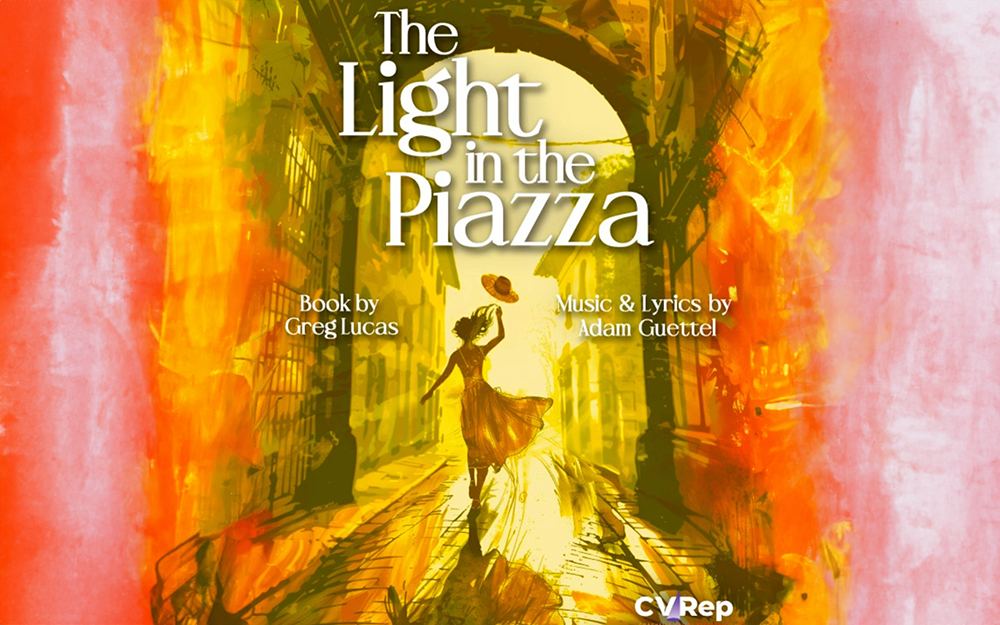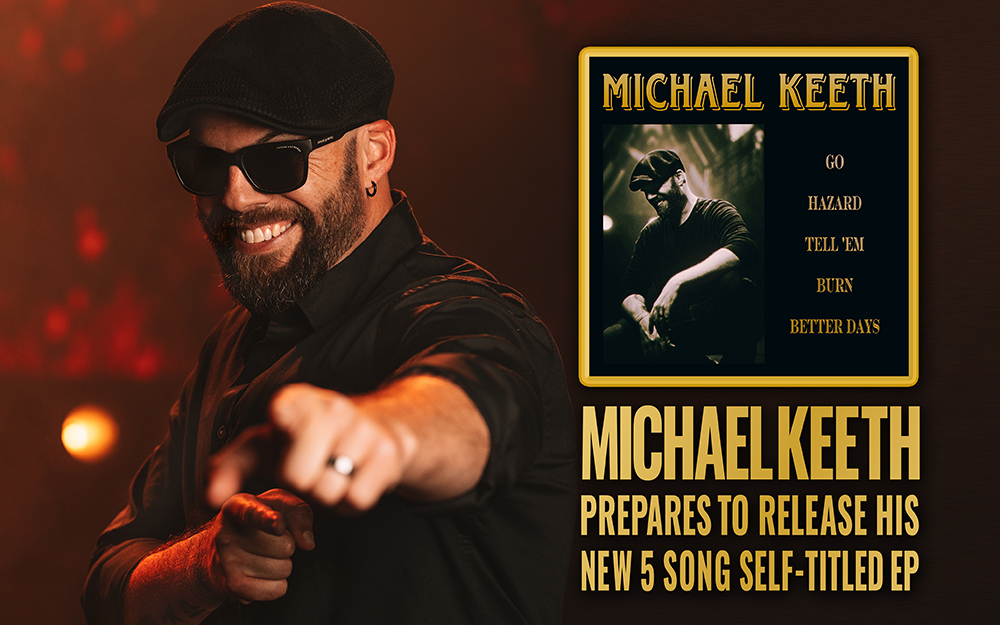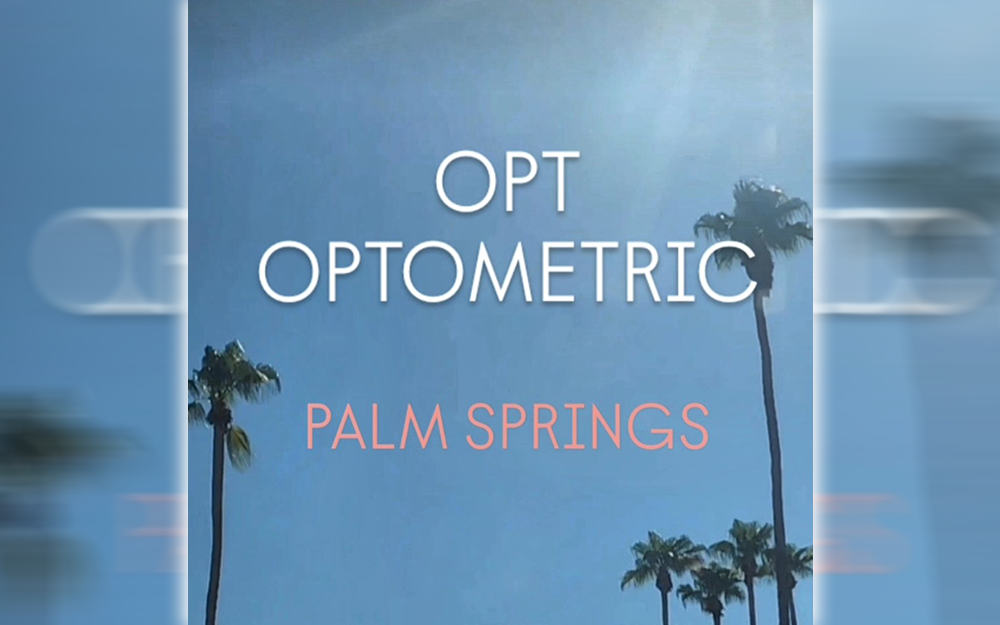By Eleni P. Austin
Kim Richey is one of Nashville’s best kept secrets. Growing up in Ohio, Richey spent her early years haunting her Aunt’s record shop. She was allowed free reign over the 45 bin, giving her access to music by Janis Joplin and the Lovin’ Spoonful.
At age 12, Richey received her first guitar. By high school, she had already formed a few bands. Following college, Richey satisfied her wanderlust by traveling. Throughout her twenties she lived in Colorado, South America, Europe, Boston and Washington State.
Creatively, she spent those years woodshedding in a variety of bands. To make ends meet she worked as a waitress, a cook and an animal rights advocate.
By 1988, she put down roots in Nashville. Musically, she was most influenced by Joni Mitchell. She was also inspired by Steve Earle, a Texas singer-songwriter who moved to Nashville and railed against the staid Nashville traditions. Brash and unspoken, Earle was briefly considered the Bruce Springsteen of Country music.
For all her precocity, Richey was something of a late bloomer. She signed her first record deal with Mercury Nashville at age 37. Her self-titled debut arrived in 1995, followed in quick succession by Bittersweet in 1997 and Glimmer in 1999.
All these albums were well-received, but Richey was quite an anomaly in 1990s Nashville. She never even tried to compete with glamour girls like Shania Twain, Faith Hill or Martina McBride. Something of a tomboy, Richey came equipped with a secret weapon: her talent as a songwriter. Trisha Yearwood, Radney Foster, Brooks & Dunn and the Dixie Chicks all had huge hits with Richey’s songs.
By 2002, Richey followed Mercury/Nashville president Luke Lewis, to his new label Lost Highway. It was a much better fit. The label featured an eclectic roster of artists like Ryan Adams, Elvis Costello, David Baerwald, Shelby Lynne, the Jayhawks, Lyle Lovett, Willie Nelson and Lucinda Williams.
Along with changing labels, Richey slightly altered her creative process for her 2002 album, Rise. Recorded in California rather than Nashville, it was produced by Bill Bottrell, (best known for producing Sheryl Crow’s debut, Tuesday Night Music Club). The strategy paid off. Richey escaped the rigid confines of Nashville and introduced her sound to NPR listenin’ Starbucks drinkin’ aesthetes.
Since then, Richey has made a habit of subverting expectations. Her 2007 release, Chinese Boxes was both adventurous and under-appreciated. It was produced by Giles Martin, son of famed Beatles producer, George Martin. In 2010 she took another left turn with Wreck Your Wheels. Whereas Chinese Boxes was sharp and ornate, Wreck had a loose, lived-in feel.
Her new effort, Thorn In My Heart kinda sorta follows a similar formula as Wreck Your Wheels. It is produced by Neilson Hubbard, guitarist in Richey’s touring band. The album opens with the title track. Strumming acoustic and pedal steel guitar cushion this soulful plea to end an unhealthy relationship… “Here we stand between a rock and stone, we took it all the way down to skin and bone/ I will always love you, but you make it so hard/ Are you always gonna be a thorn in my heart?”
Two tracks, “Something More” and “Angel’s Share,” distill the chaotic swirl of emotion and self-destructive behavior that accompanies heartbreak.
On the former, plucked banjo notes and crystalline vocals underscore the ennui of romantic dislocation… “Keeping track of all the hours I can’t sleep, flipping channels in the dark on TV/I’m still hoping that there’s something more.” The mood is suitably soporific.
The latter is a mid tempo wallow steeped in liquid courage. Drowned sorrows and paralyzed emotions are accented by lonesome fiddle and desolate piano underpinnings. “I can’t stand the day, I can’t stand the night/ I’m scared of the dark and I’m scared of the light.”
Richey maintains her reputation as a musical shape-shifter on three tracks. Expanding her sonic palette she adds Jazz textures, Bluegrass colors and the satisfying wallop of Classic Rock.
“London Town” blends melancholy muted flugelhorn figures with in the pocket percussion. On the surface, the lyrics are a lonesome lament for London, but really, Richey is pining for the person she left in London Town.
“Take Me To The Other Side” mines a back porch Bluegrass groove while offering a little spiritual redemption. The tune is anchored by piquant mandolin runs, churchy piano chords and gut bucket guitar.
Finally, “Come On” displays the basic DNA of straight ahead Rock & Roll. Powered by a rock steady beat and a serpentine guitar solo, the tune combines Stones-y swagger with the crackling efficiency of Tom Petty & The Heartbreakers.
The album includes a couple of duets. On “Breakaway Speed,” former Drive-By Trucker vocalist Jason Isbell provides a masculine energy to this tale of love on the run.
Carl Broemel, guitarist for My Morning Jacket takes the lead on “I Will Wait.” Supple Wurlitzer fills and a tick tock beat can’t camouflage the sexual frisson these two generate as they plan an assignation.
Other stand-out tracks include “Love Is,” a slip-slidey waltz powered by an impossibly sweet clarinet solo. The sprightly and banjo-riffic “I’m Going Down,” and “No Means Yes,” a sly meditation on adultery.
The album closes with “Everything’s Gonna Be Good,” a languid piano driven ballad that feels cautiously optimistic.
Thorn In My Heart feels like a journey from heartache to spiritual redemption. With Richey behind the wheel, we are lucky enough to ride shotgun on this aural adventure.




